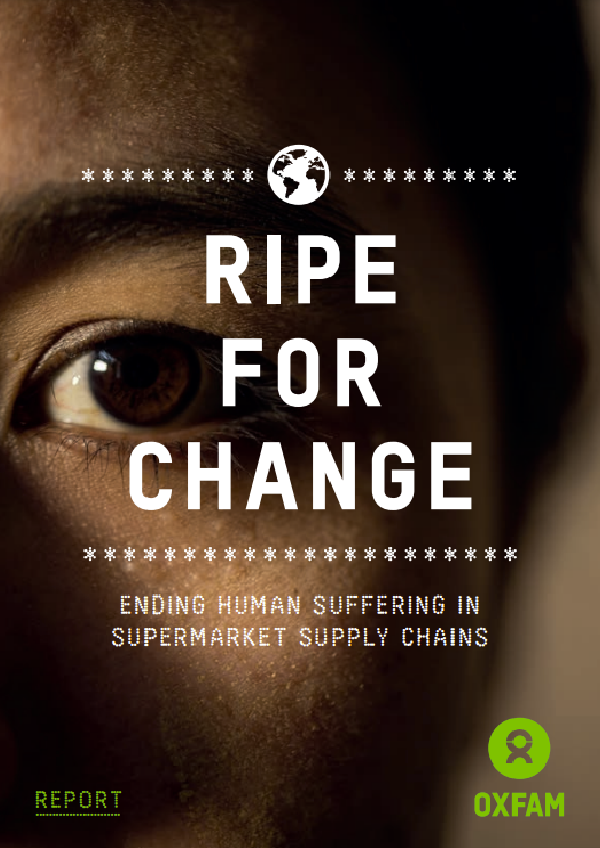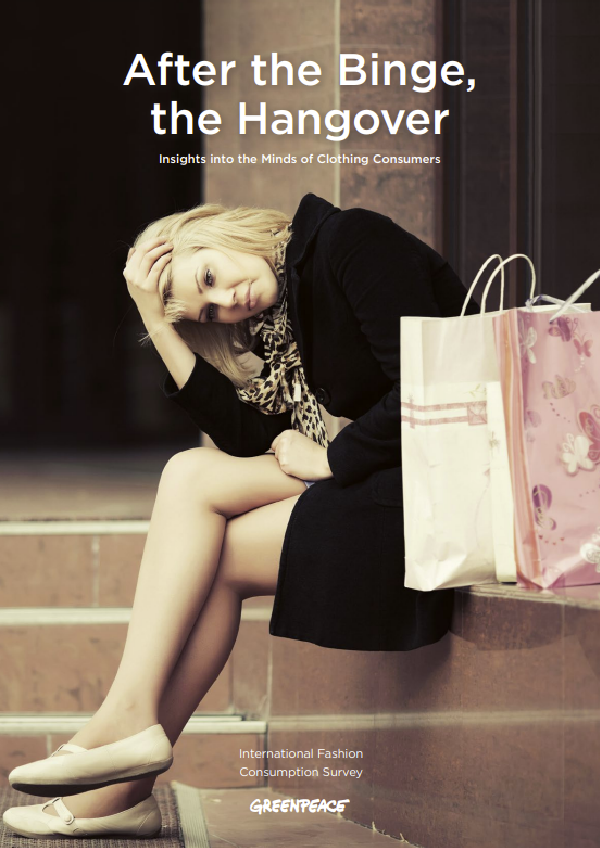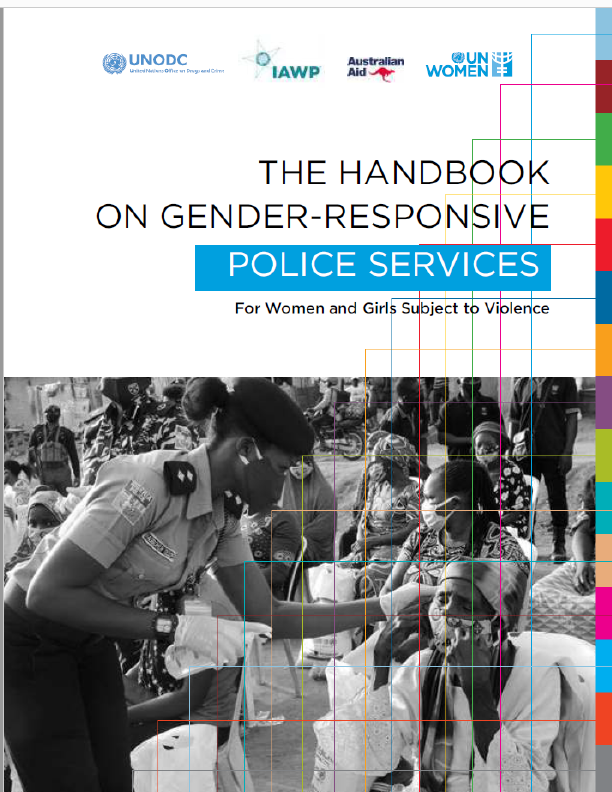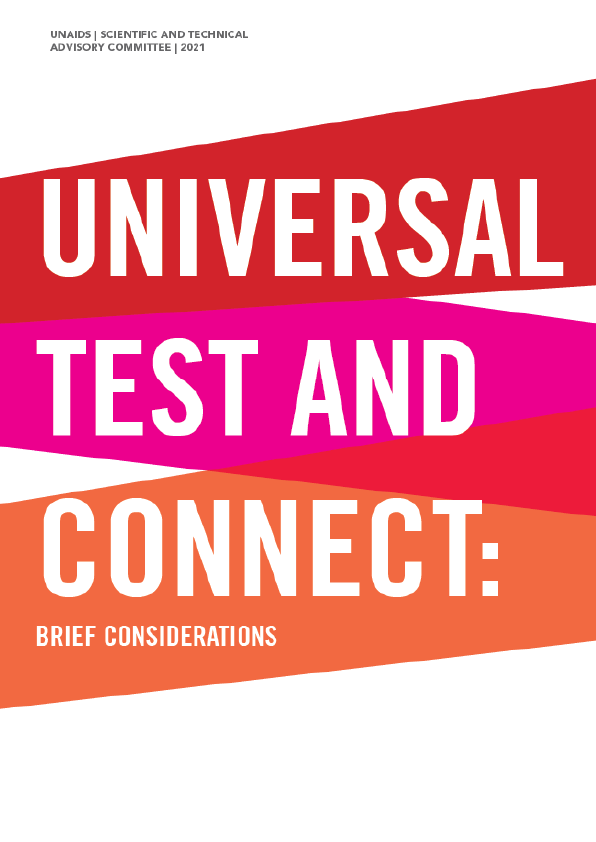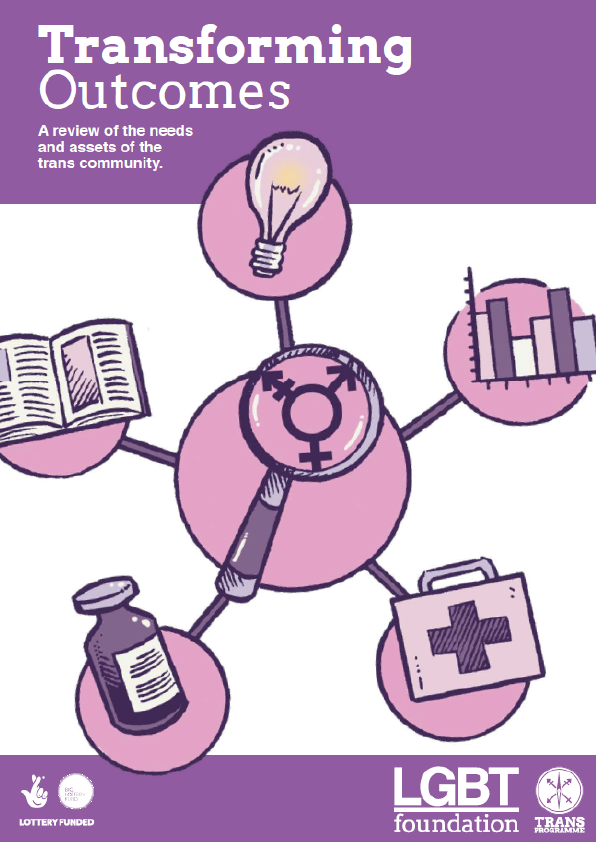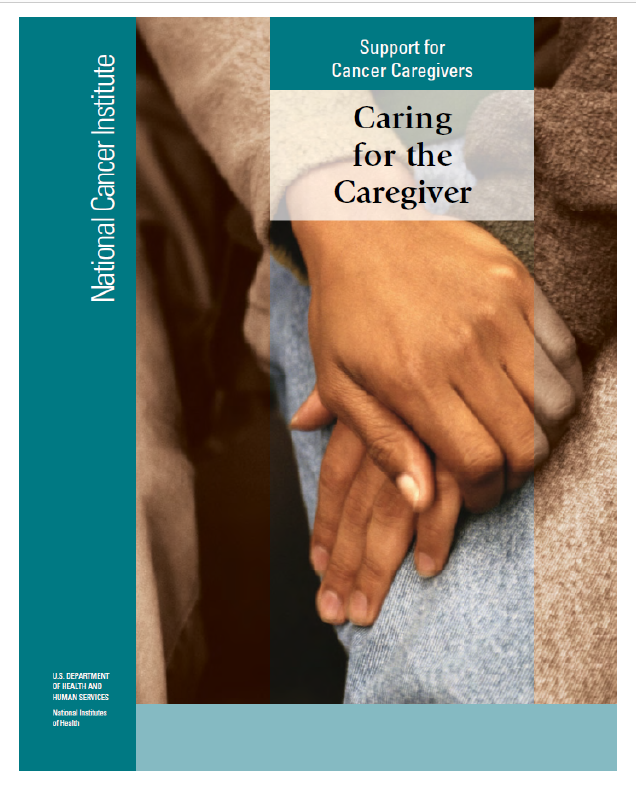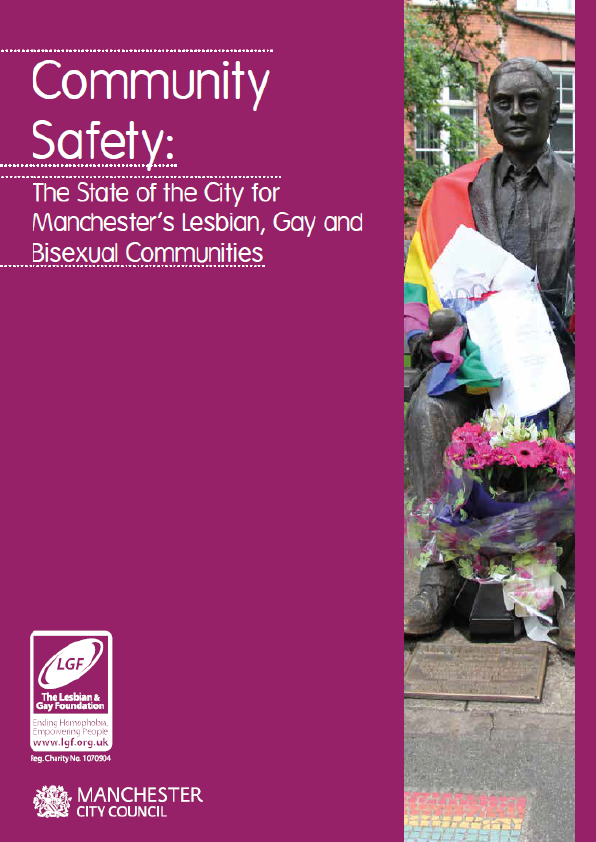There are wide varieties of economic inequality, most notably income inequality measured using the distribution of income (the amount of money people are paid) and wealth inequality measured using the distribution of wealth (the amount of wealth people own). Besides economic inequality between countries or states, there are important types of economic inequality between different groups of people.
Inequality is rampant across the global economy, and the agro-food sector is no exception. At the top, big supermarkets and other corporate food giants dominate global food markets, allowing them to squeeze value from vast supply chains that span the globe, while at the bottom the bargaining power of small-scale farmers and workers has been steadily eroded in many of the countries from which they source.
The result is widespread human suffering among the women and men producing food for supermarkets around the world. From forced labour aboard fishing vessels in Southeast Asia, to poverty wages on Indian tea plantations and hunger faced by workers on South African grape farms, human and labour rights abuses are all too common in food supply chains.
In an era of gross global inequality and escalating climate change, this business model is increasingly unsustainable. But it doesn’t have to be this way. Governments, food companies, small-scale farmers and workers, and citizens around the world can all help to rebalance power in food supply chains and ensure they more fairly reward those producing our food. The supermarket sector is ripe for change.
There is no justifiable reason that the human and labour rights of women and men supplying supermarkets cannot be respected. There is no moral excuse for anyone producing our food to go hungry. This report launches Oxfam’s new campaign to expose the root causes behind human suffering in food supply chains and to mobilize the power of people around the world to help end it, starting with a focus on the role of supermarkets.
This report launches Oxfam’s new campaign to expose the root causes behind human suffering in food supply chains and to mobilize the power of people around the world to help end it, starting with a focus on the role of supermarkets.
Introduction
Inequality is rampant across the global economy. Power and wealth accrues to those at the top – billionaire business owners, multinational executives and corporate shareholders. The biggest increase in billionaires in history was seen in 2017 – one more every two days – with 82% of the growth in global wealth captured by the world’s richest 1%. Meanwhile at the bottom, ordinary people from workers to small-scale farmers65 are seeing their incomes stagnate and their power to demand change eroded.
This is an inequality crisis that is both reflected in and driven by our food supply system.
Around the world, corporate food giants are increasing their control over regional and international food markets. As this report shows, supermarkets have established an unparalleled dominance over food retailing in much of the world, giving them the power to squeeze value from vast supply chains that span the globe, and generate billions in corporate profits and shareholder dividends. Meanwhile the bargaining power of small-scale farmers and workers has been steadily eroded in many of the countries from which supermarkets source their products.
The result is widespread human suffering among the women and men producing food for supermarkets around the world. From forced labour aboard fishing vessels in Southeast Asia, to poverty wages on Indian tea plantations and hunger faced by workers on South African grape farms, human and labour rights abuses are all too common in food supply chains.
In an era of gross global inequality and escalating climate change, this business model is increasingly unsustainable. But it doesn’t have to be this way. After two decades of relentless expansion, the global supermarket industry is ripe for change.
Oxfam believes there is no reason that the human and labour rights of women and men supplying supermarkets cannot be respected. There is no excuse for anyone producing our food to go hungry. Different policy choices by both governments and companies can rebalance power and share more fairly the vast revenues of the global food industry in the interests of the many, not the few.
For the companies and investors that grasp the nettle of change, there are business opportunities in higher quality products, more resilient supply chains and a more honest relationship with their customers. But more importantly, millions of people working in supermarket supply chains could be lifted from a life of in-work poverty and hunger, to a decent and dignified standard of living.
